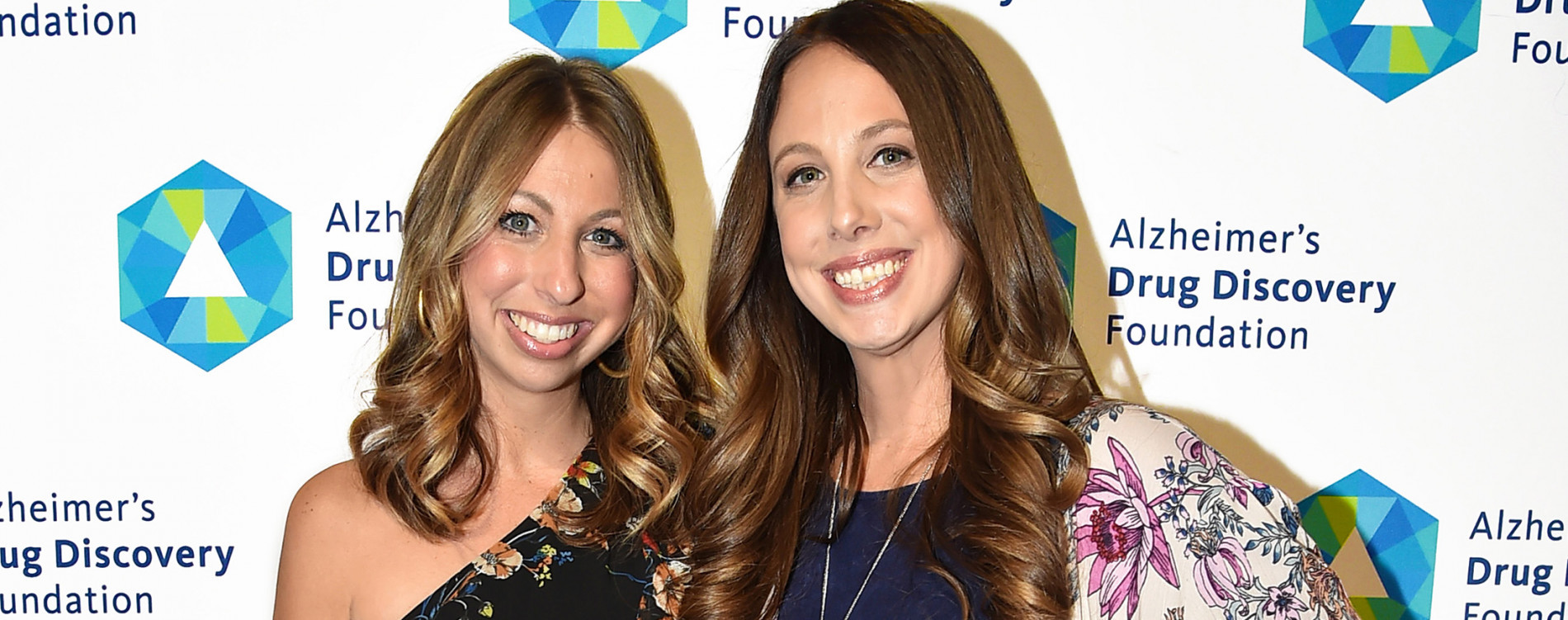Earlier this year at our inaugural Memories Matter event, sisters Rachel Williams and Marlee Berliner shared the painful story of their mother's early-onset Alzheimer's disease. Early-onset is very rare and most commonly caused by a single genetic mutation passed on from one parent.
This form of the disease is known as early-onset familial Alzheimer's disease (eFAD). If one of your parents has an eFAD mutation, you have a 50% chance of inheriting the gene and going on to develop the disease. Only 5% of Alzheimer's cases are caused by a gene mutation, making eFAD a rare disease.
Though Alzheimer's is classified as "early onset" if it strikes before age 65, people with eFAD can begin showing signs as early as their 30s or 40s. Early-onset FAD progresses much the same as the common late-onset variety, but it affects patients and their caregivers differently. Because they are younger, eFAD patients often have demanding careers, children at home, and fewer financial resources to deal with long-term care. These are very serious challenges for patients dealing with the symptoms of Alzheimer's, such as dementia.
Genetic Testing
Patients with early-onset Alzheimer's and relatives who may have inherited the disease-related genes can be tested. Researchers have identified three specific gene mutations involved in FAD, and those with any of these mutations will go on to develop the disease. Genetic testing can tell you if you have a mutation in any of these three genes.
1. Presenilin 2 (PS2) on chromosome 1
2. Presenilin 1 (PS1) on chromosome 14
3. Amyloid precursor protein (APP) on chromosome 21
Each of these genes is involved in the abnormal accumulation of beta-amyloid, a protein which forms plaques in the brain.
Treatment
Because eFAD progresses in much the same way as late-onset Alzheimer's, treatments being developed for it may also help those with eFAD. There are more drugs in clinical trials for Alzheimer's disease than ever before. The Alzheimer's Drug Discovery Foundation has funded 20% of these and expects that number to increase. Though, more of these potential treatments need to be tested specifically in patients with eFAD.
As Rachel and Marlee eloquently noted about their own experience with eFAD: "We are one step closer to a world without Alzheimer's, a world that would have allowed our mother to be a part of our life’s journey."
Lauren Friedman, PhD is Director, Scientific Affairs at the ADDF.
